Best Creatio alternatives
The right tools are essential when you’re looking to optimize your business. In many cases, you may find that you need to custom-build an app to ensure it delivers the exact features and functionality that your business needs. A platform like Creatio can help you custom build an app even if you aren’t skilled in coding. Plus, the option to streamline and automate workflows and manage your funnels through a CRM can enhance your operations, efficiency, and profits.
While Creatio offers many benefits to businesses, it isn’t the right choice for every business. If you’re not sure Creatio is the right fit, keep reading. We’re diving into a number of Creatio alternatives to help you narrow down your search and ensure you’re investing in the right platform that will truly meet your business’s unique needs.
What is Creatio?
- Key features: It delivers powerful layout tools, prebuilt visual element libraries, data models, automated workflows, integrations to eliminate data silos, and interactive reports and dashboards.
- Pricing: Creatio doesn’t publish pricing on its website, but you can get a demo and try it out for free.
- G2 rating: Creatio has a rating of 4.7 out of five stars on G2.
Creatio is a no-code platform that helps you automate your workflows and easily build applications. Creatio also features a CRM platform that uses GenAI and no-code technology for enhanced capabilities. Creatio provides nearly unlimited customization options and comes equipped with ready-to-use apps if you don’t want to build your own. It’s a comprehensive platform that can encompass marketing, sales, project management efforts, and more.
Why look for an alternative?
Creatio is a powerful platform, but all of that power comes with a learning curve. Creatio may be more than some businesses need, and it may fall outside of a smaller business’s budget. If Creatio isn’t the right fit for your business, there are many alternatives with similar capabilities.
1. Zoho CRM
- Key features: This tool features sales pipeline management, workflow automation, an AI assistant, task management, contract management, sales forecasting, reporting and analytics, and integrations with more than 500 apps.
- Pros: Zoho CRM works across most industries, including insurance, hospitality, education, and more. Many security features, including encryption, two-factor authentication, and IP restrictions, help protect your data. The platform is highly customizable, so you can design it to meet your business’s needs.
- Cons: This CRM has many features, but there’s a steep learning curve; per-user pricing can be expensive for larger businesses.
- Pricing: Zoho CRM offers four plans. The Standard plan is $14 per user per month. That increases to $23 per user per month for the Professional, $40 per user per month for the Enterprise, and $52 per user per month for the Ultimate plan.
- G2 rating: Zoho CRM has a 4.1-star rating on G2.
Zoho CRM is a customer relationship management platform that can help you automate workflows, manage projects and marketing campaigns, deliver customer support, and more. The CRM helps teams across your business work together within a single system for more streamlined and collaborative operations. The platform offers numerous customization options, including custom fields, buttons, and layouts, as well as detailed analytics that can help you make well-informed business decisions.
2. Jotform Workflows
- Key features: Jotform Workflows features a drag-and-drop builder, the ability to create custom workflows as well as create and assign tasks, integration with third-party tools, automated emails, payment requests, and conditional logic automation.
- Pros: The drag-and-drop builder requires no coding knowledge. Conditional logic can automate and streamline your workflows, and you can use Jotform as a CRM.
- Cons: Forms and submissions are limited on some plans.
- Pricing: Five Jotform plans are available. The Starter plan is free, while the Bronze plan is $34 per month. The Silver plan is $39 per month, and the Gold plan is $99 per month. Custom pricing is available for the Enterprise plan.
- G2 rating: Jotform has a 4.6-star rating on G2.
Jotform Workflows gives you the ability to automate workflows and streamline processes easily. The user-friendly interface allows you to set up multi-step workflows, assign approvers, and track approval request progress. Users are notified at each stage by customizable notifications, and you can use Jotform Workflows to accept payments, automatically follow up with clients, schedule appointments, and more. It seamlessly integrates with Jotform’s form-building tools, so you can easily custom build forms that automatically trigger flows for improved efficiency. Alternatively, you can use one of the more than 10,000 ready-made and fully customizable templates.
If you need a CRM solution, Jotform Tables may be an excellent CRM tool, and you can use it to manage projects, perform calculations, assign tasks, and more. You can use lead generation forms and contact forms to collect information, then organize, analyze, and manage the information in Jotform Tables. You can even create visual reports to organize and review essential data.
Jotform also integrates with several CRM tools.
3. Pipedrive
- Key features: Pipedrive offers a custom chatbot and web forms, communication tracking, the ability to automate administrative tasks, detailed and customizable reports, a mobile app, and integration with popular sales apps.
- Pros: Chatbot and web forms help generate leads. Customizable reports help you improve processes and conversion rates, and AI tools compose emails and complete administrative processes.
- Cons: Pipedrive focuses entirely on sales, rather than on customer service. Per-seat pricing can get expensive for a larger business.
- Pricing: You can choose from five Pipedrive plans. The Essential plan is $14 per seat per month, the Advanced plan is $34 per seat per month, and the Professional plan is $49 per seat per month. The Power plan is $64 per seat per month, and the Enterprise plan is $99 per seat per month.
- G2 rating: Pipedrive has a 4.3-star G2 rating.
Pipedrive is a CRM designed to help you achieve your sales goals. As you complete sales activities, the platform monitors your performance and calculates your conversion rate. Real time reports allow you to monitor your progress and adjust your strategy for enhanced performance. Analytics help you improve your processes, and automations take care of administrative tasks, freeing you up to focus on sales.
4. Kissflow
- Key features: Kissflow features Kanban boards, automated workflows, custom pages, integrations, drag-and-drop functionality, and the ability to publish with one click.
- Pros: The platform helps you quickly build apps and more, with no coding background necessary. Kissflow’s support chat response time averages five minutes.
- Cons: While the platform is versatile, you have to build your tools from scratch, and there isn’t a ready-made CRM. It’s more expensive than many other options.
- Pricing: The Basic plan has limited features and starts at $1,500 per month for up to 50 users. Custom pricing is available for the Enterprise plan.
- G2 rating: Kissflow has a 4.3-star rating on G2.
Kissflow is a low-code platform that allows you to build the tools your business needs. Its solutions include an app builder, process builder, and form builder, and you can use those tools to manage workflows, improve team collaboration, and more. Kissflow’s value is in its speed; it helps you build enterprise applications quickly — even without a strong coding background. Multiple business team members, including analysts and team leaders, can collaborate and innovate to develop business solutions.
5. ProcessMaker
- Key features: ProcessMaker offers low-code automation, AI automated processes, real-time process monitoring, reporting, enterprise data search, and managed services that include maintenance and monitoring.
- Pros: ProcessMaker can support your whole business, rather than focusing on a single team. The platform uses AI heavily to save you time. Managed services, like insights, process creation, maintenance, and monitoring are available.
- Cons: Some users find the platform complicated to learn, and pricing isn’t published.
- Pricing: ProcessMaker offers tiered Standard, Professional, and Enterprise plans. Pricing isn’t published, so you’ll have to contact ProcessMaker for a quote.
- G2 rating: ProcessMaker has a 4.3-star rating on G2.
ProcessMaker is a business process automation platform that helps you automate workflows without any coding. It offers a comprehensive suite of solutions that can help finance, HR, IT, and operations teams with everything from employee onboarding to invoice management to logistics coordination and supply chain management. The platform integrates with your existing technology, utilizes generative AI for advanced automation capabilities, and lets your staff focus on the most important priorities to boost productivity.
6. Appian
- Key features: Appian offers low-code application design, the option to deploy apps on any device or web browser, end-to-end process management, drag-and-drop process design, and UX app components like ChatGPT and Zoom Meetings.
- Pros: Appian can help you streamline processes. There are three simple pricing tiers. It’s suitable for businesses with significant process design needs.
- Cons: There’s no ready-made CRM feature, and it can be complicated to use.
- Pricing: Standard, Advanced, and Premium plans are available, but pricing for the plans isn’t published.
- G2 rating: Appian has a 4.5-star rating on G2.
Appian is an AI process automation platform that can help you design, automate, and optimize processes. The low-code design allows you to quickly build processes, and process intelligence helps you analyze and report on your business data. The platform features mobile-ready capabilities and enables you to quickly build modular apps. AI agents also support your business, and the Appian AI Copilot can quickly provide answers to your business questions.
7. OutSystems
- Key features: OutSystems offers automated testing, built-in DevOps, prebuilt integrations, monitoring tools, full-stack development, and AI assistance.
- Pros: With this platform, you can build apps with minimal coding, and you have the option to monitor processes in real time. Customizable templates help you generate business documents.
- Cons: The OutSystems Developer Cloud starts at $36,300 per year.
- Pricing: You can try OutSystems with the free Personal Edition. The OutSystems Developer Cloud starts at $36,300 per year, and the price can increase per application, user, and advanced add-on.
- G2 rating: OutSystems has a 4.6-star rating on G2.
OutSystems is a low-code platform that helps you quickly build and customize enterprise apps. You can use this platform to create everything from a CRM system to customer portals, including front-end and backend development. It’s easy to add web services, workflow integrations, and more to your apps, or you can use the platform to build your own. You can also use the AI automation and guidance to speed up the workflows and build quality code.
8. Mendix
- Key features: Mendix features no-code app development, workflow automation, continuous data synchronization, AI-assisted application development, numerous integrations, and one-click app publishing.
- Pros: One-click publishing makes it easy to post your app. AI-assisted application development helps save you time, and you can get started with customizable application templates.
- Cons: The platform may be more complex than what some businesses need. Pricing is per app, so it can get expensive if you have multiple apps.
- Pricing: Four Mendix plans are available, including a free plan that allows you to try the platform. The Basic plan starts at €52.50 per month, the Standard plan starts at €900 per month, and pricing for the Premium plan is available via a quote.
- G2 rating: Mendix has a 4.4-star rating on G2.
Mendix is a low-code and no-code platform that allows you to quickly and easily build apps for your businesses. It’s full of helpful development, testing, and deployment tools. The open platform gives developers the ability to build without restrictions, and AI-assisted development can help you craft apps faster. You can deploy your app to any cloud with a single click, and the platform features many integrations like Okta, AWS, DocuSign, and Salesforce.
How to choose the best Creatio alternative
As you explore these Creatio alternatives, it’s important to determine which option is the best fit for your business. To start, make a list of your goals for the technology, including the specific activities and capabilities that the platform needs to support. For example, are you looking for a ready-made CRM that will easily work for your business with minimal modifications? Is having the ability to custom build apps more important? The more detailed you can be with your specifications, the easier it will be to see which platforms are a potential fit and which ones aren’t the best choice.
Be sure to consider the overall ease of use, too. Some apps feature simple drag-and-drop interfaces, while others are more complicated to learn. Think about which employees will be using the apps, their particular skills, and how quickly they’ll be able to use each platform.
While budget is always a consideration, try not to rule out platforms simply because of their price point. Instead, evaluate how the platforms could help your business. A platform that can streamline workflows, automate processes so your employees can focus on high-value tasks, and even save you money designing an app can significantly contribute to your productivity and profits. That value may justify paying a bit more for a platform that can significantly improve your business.
Photo by Tima Miroshnichenko

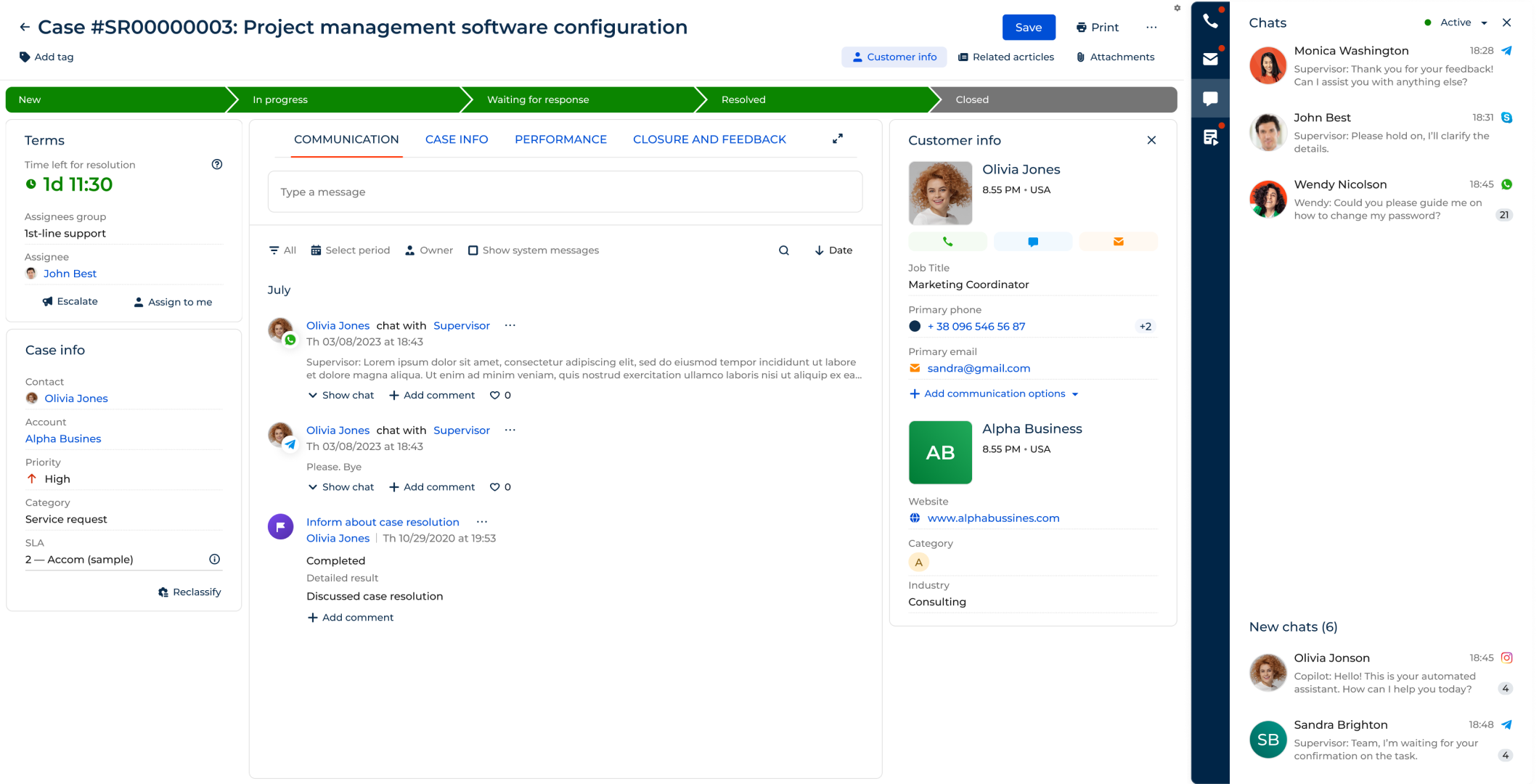
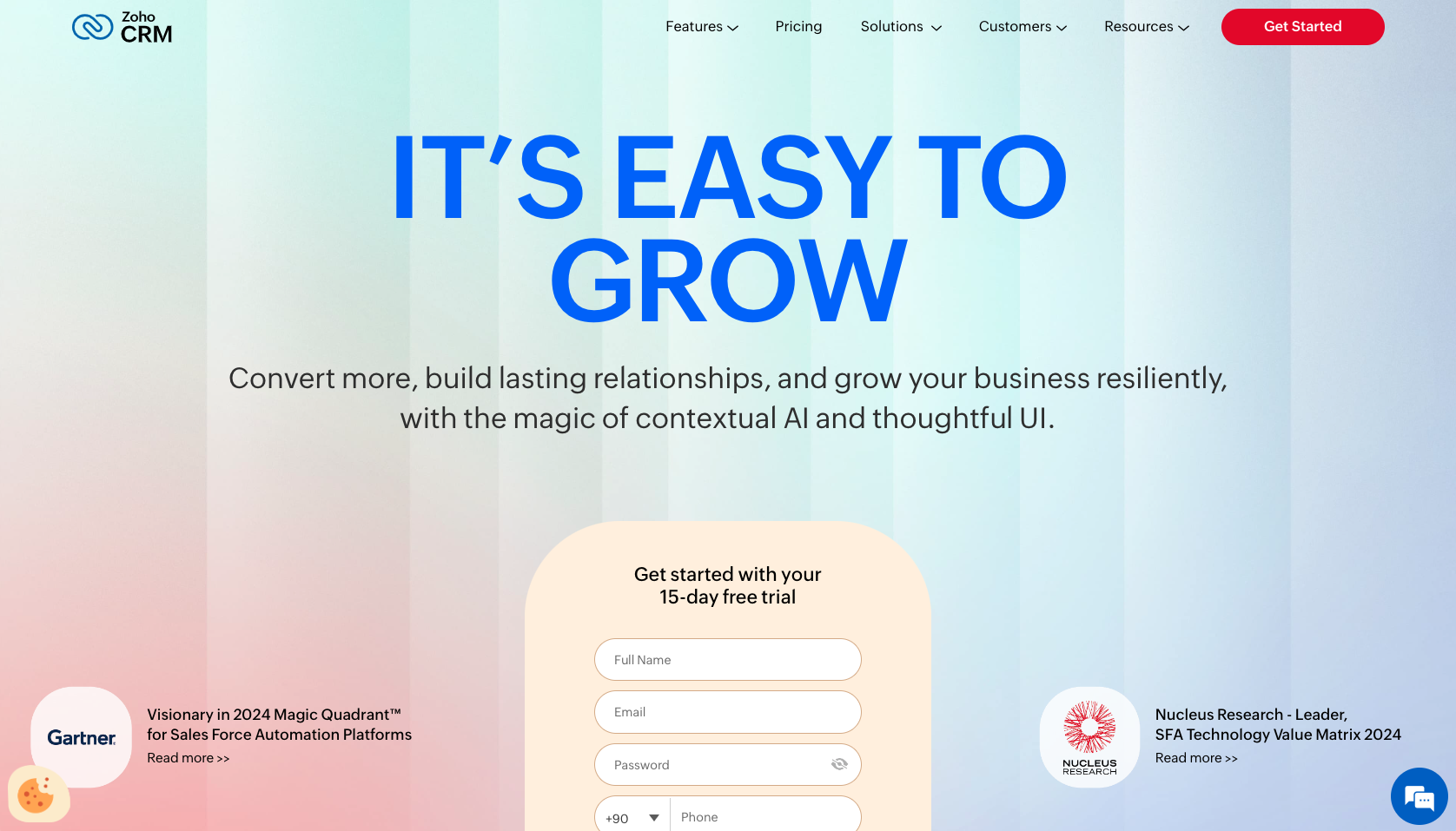

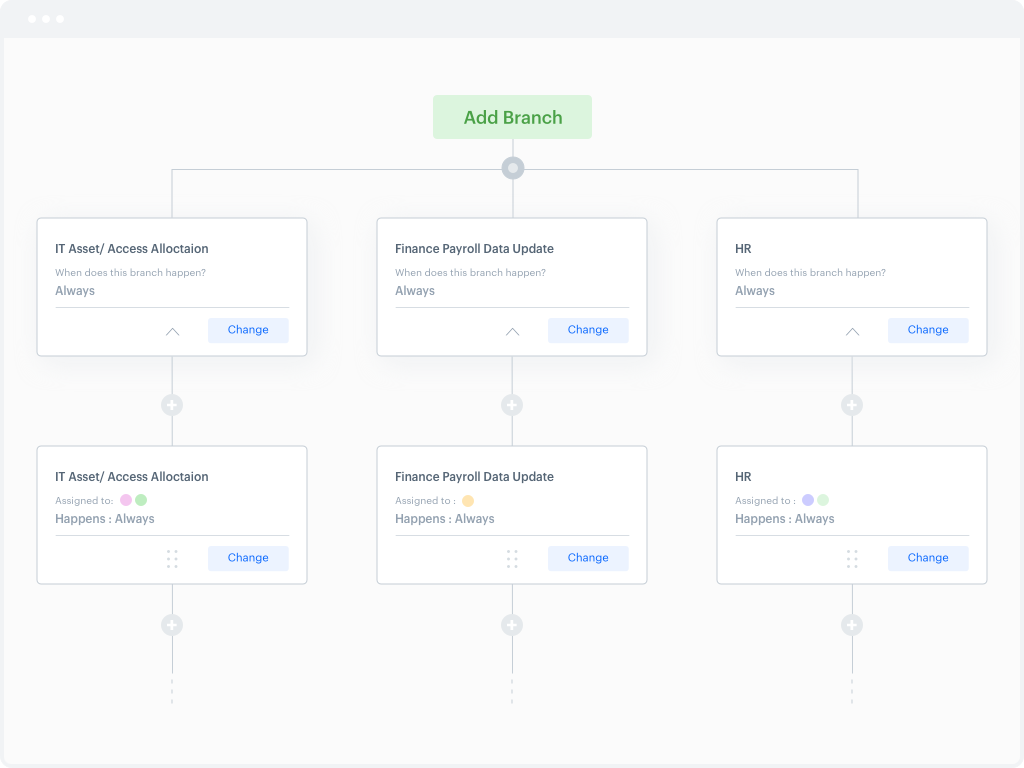
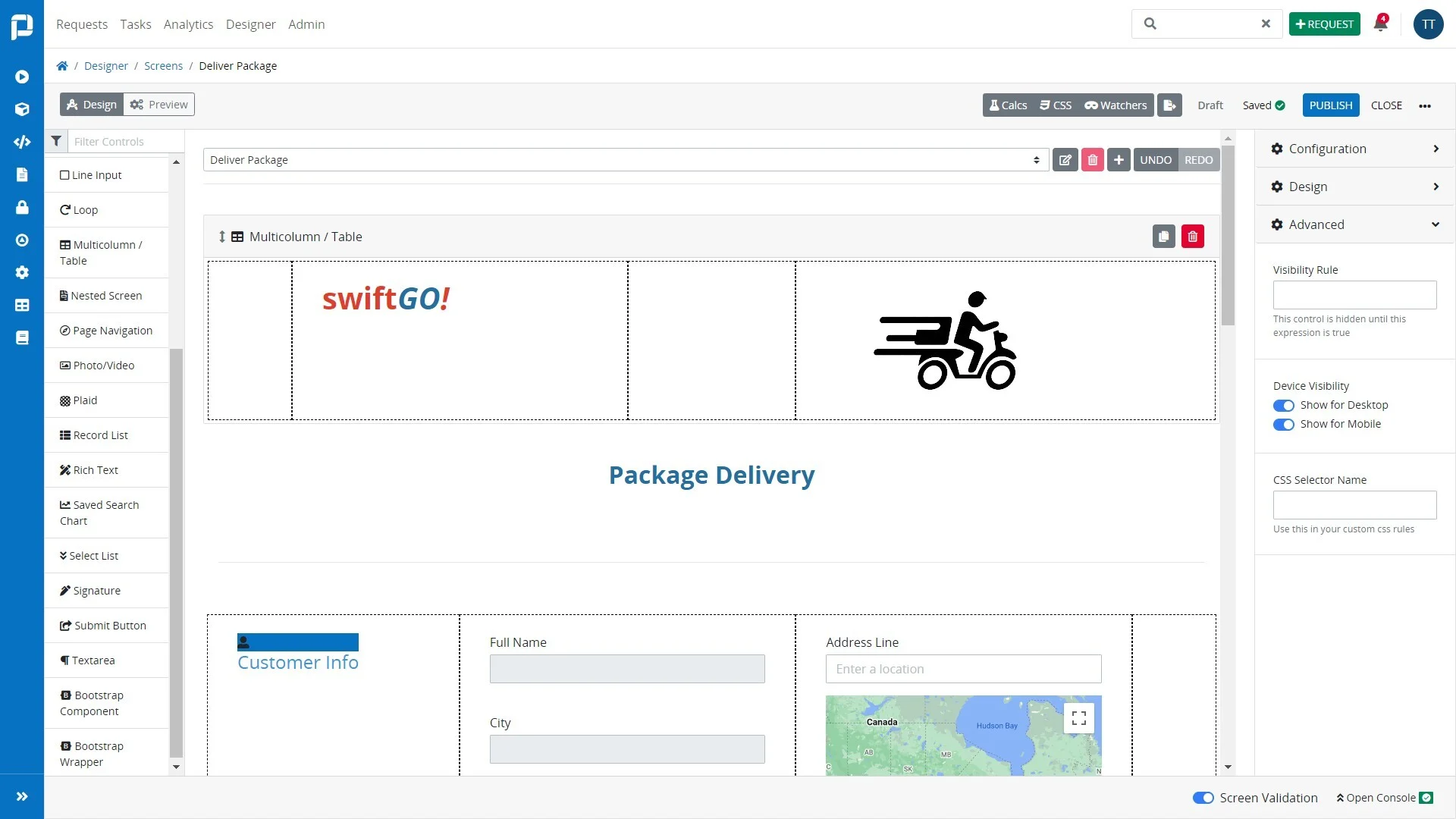
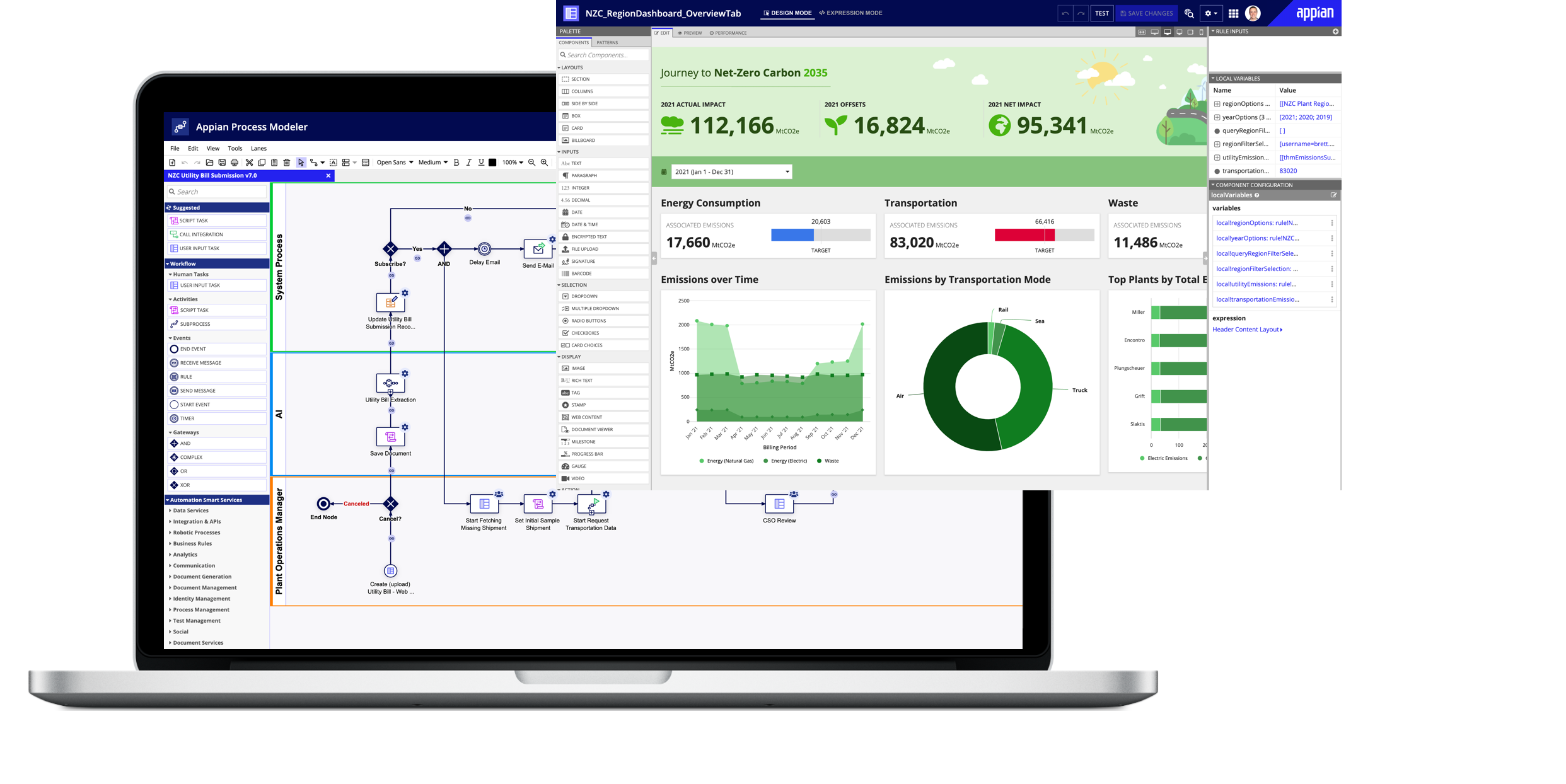
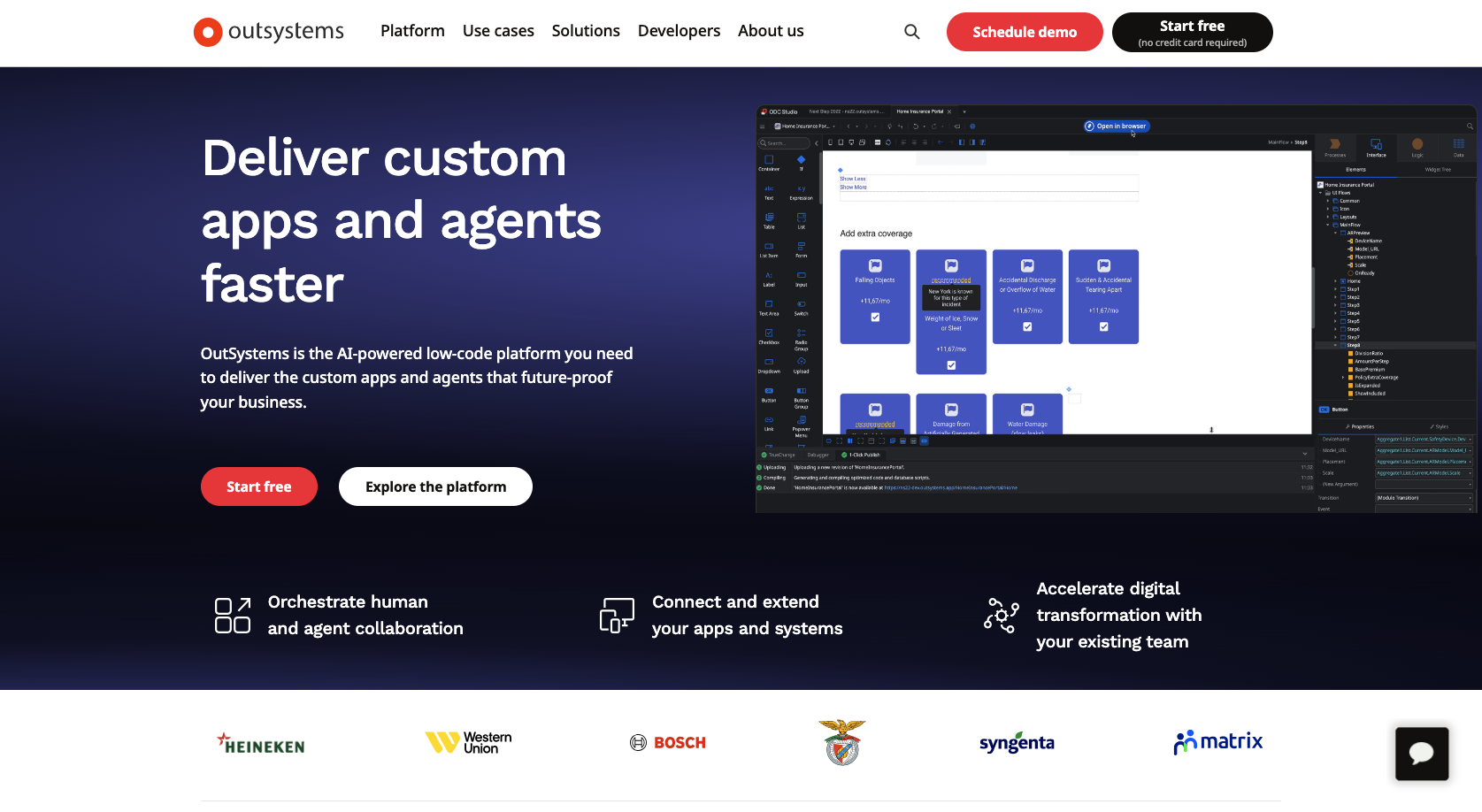
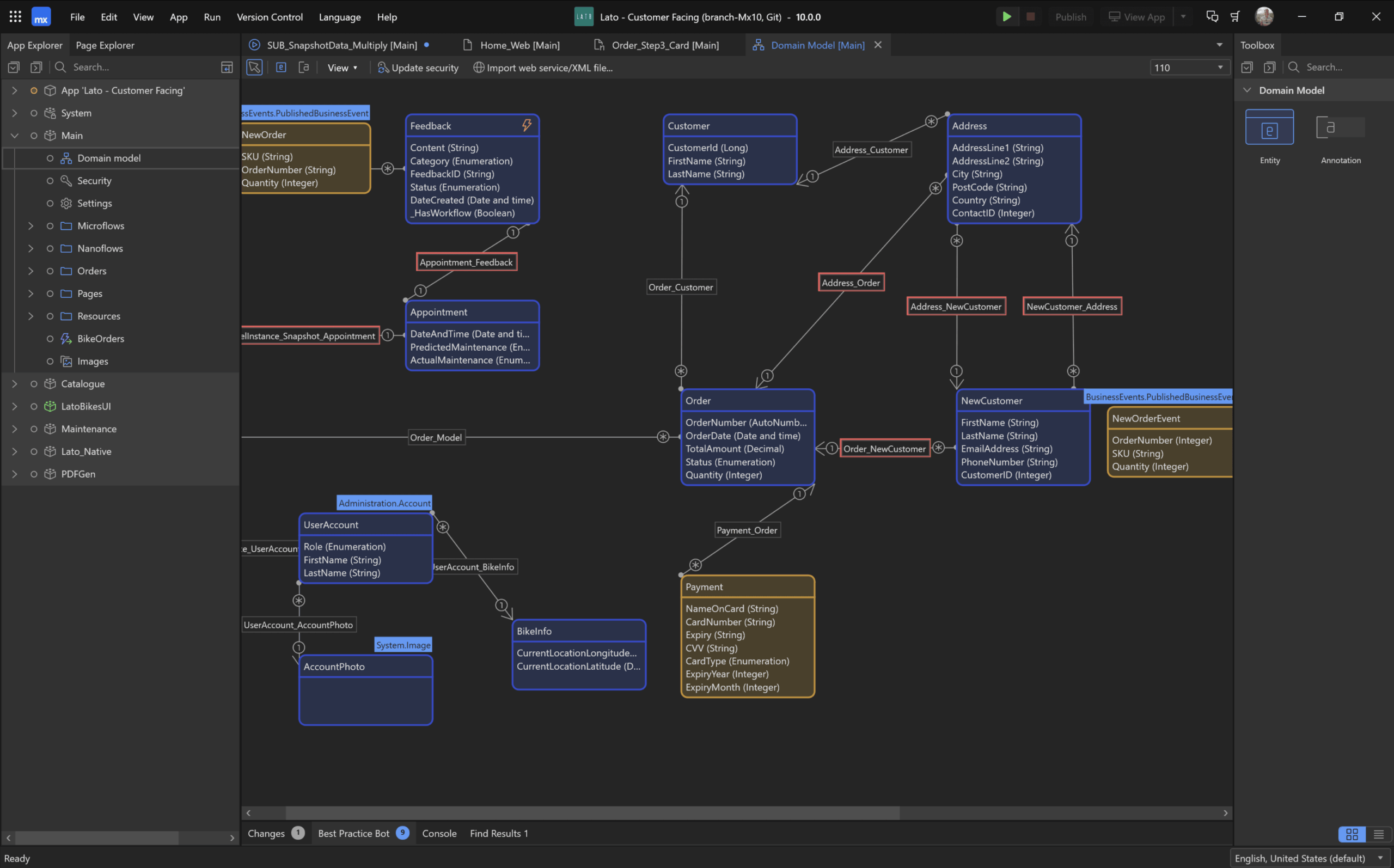














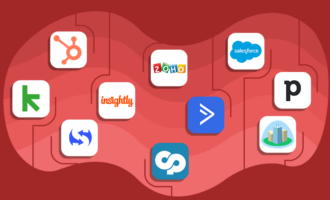









































Send Comment: